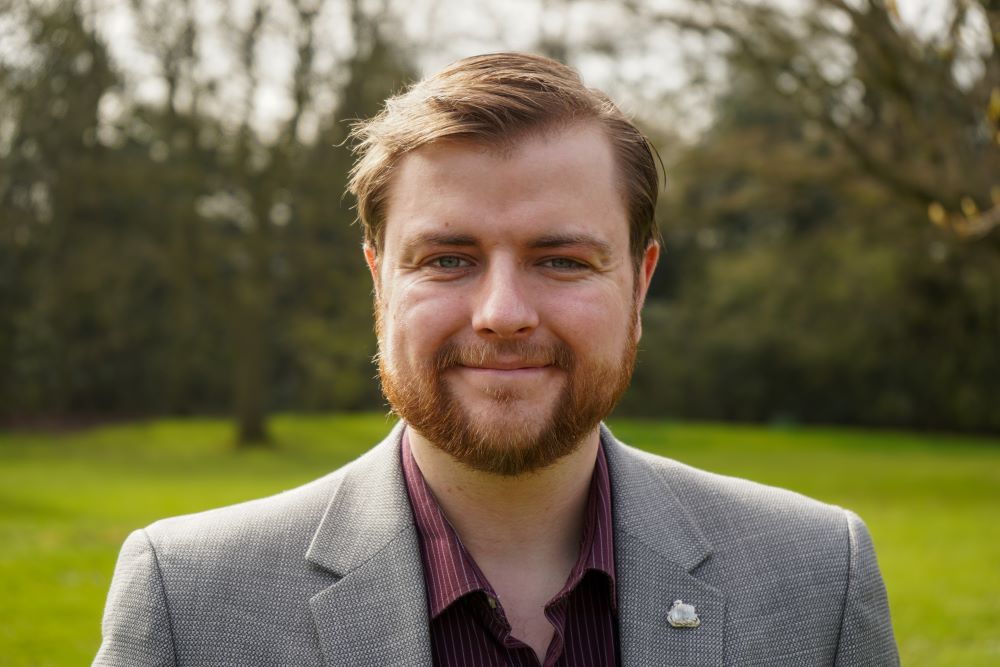Public Seminar Series - Families, Networks and Informants: The Making of Orkneyinga saga
Orkneyinga saga, composed at the beginning of the thirteenth century, is one of the most important historical sources for the north of Scotland in the medieval era. However, for historians, there is much that is less than perfect about Orkneyinga saga.
[ When
to
o Where
Online
-
8 Remote access
Yes
£ Cost
Free
É Contact
Dr Andrew Lind
email:
ins@uhi.ac.uk
tel: 01856569300
à Add to Calendar
q Share

It has no named author, it has a messy manuscript history, and, crucially, much of its content appears to rely on a nebulous “oral tradition”. It is with these concerns in mind that I began my PhD in 2021. By investigating the family networks of Orkneyinga saga, I hoped to understand how the text itself was put together. After writing just under 100,000 words on the subject, and creating a network graph of over 500 characters from Orkneyinga saga, I have been able to establish a new origin story for Orkneyinga saga. This talk explores some key findings from my PhD research.
It argues that Orkneyinga saga is not a generic history of Orkney, but a partial perspective of events, informed by relatives of those mentioned in the saga. It explores the lives of these informants in Iceland and Norway, their family backgrounds, and their role in the saga-making process. As a result, this research establishes ways that the saga can be better used in historical, archaeological, and literary studies.
Tom Fairfax has just completed his PhD thesis at the University of Nottingham, titled ‘Kinship Connections and the Earldom of Orkney c. 900–1263’. His PhD project explores how the family connections of the Orkney earldom changed over time, and what kinship links can tell us about how the text was constructed. His other works include an article about óðal landholding in Orkneyinga saga and a prize-winning study on the murder of Bishop Adam of Caithness in 1222. With Caitlin Ellis, he has edited a special issue of Apardjón, Connections and the Church in Late Norse Scotland, which was published earlier this year.

Privacy
Please read our policy on how we treat any personal information collected in relation to our events:
Data Protection Statement for Events